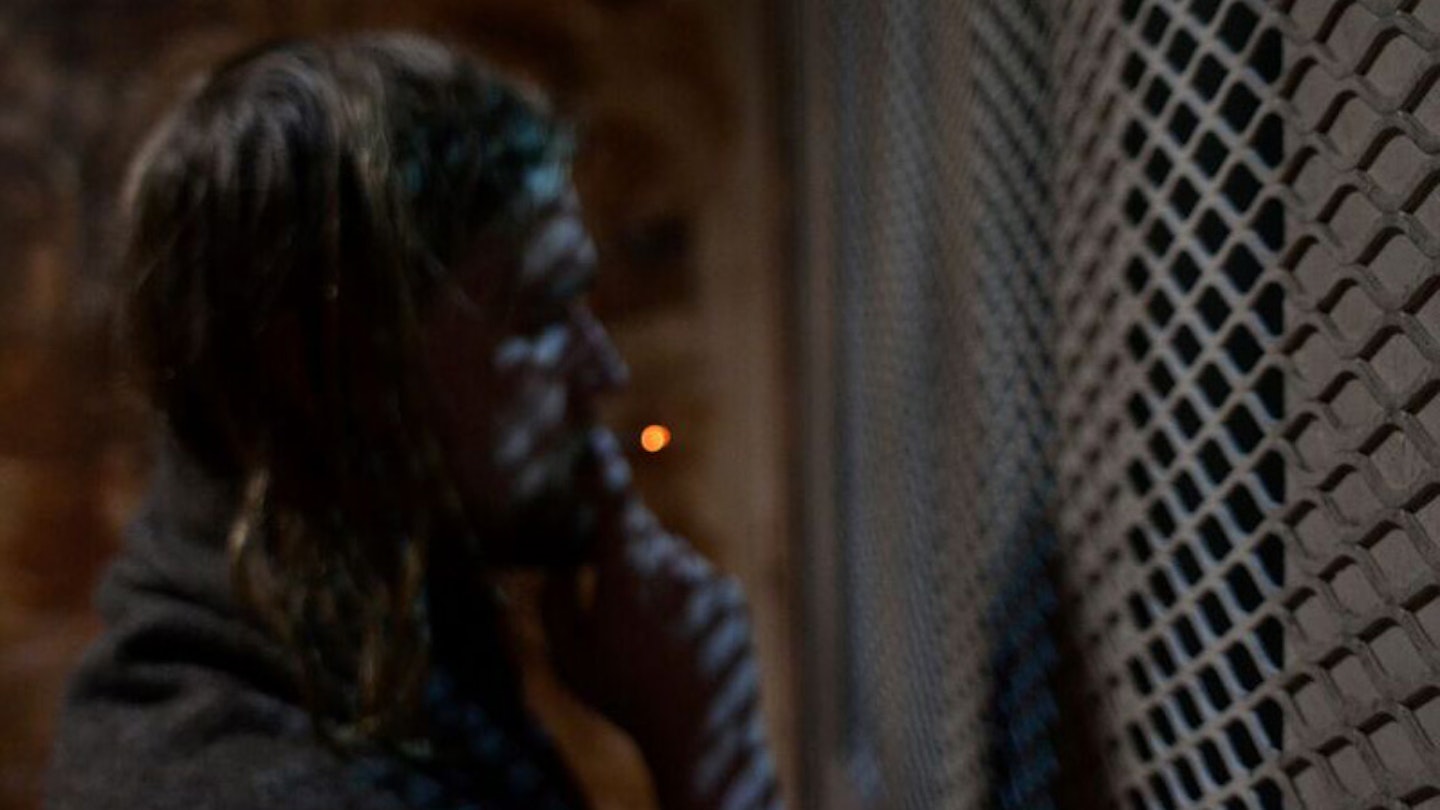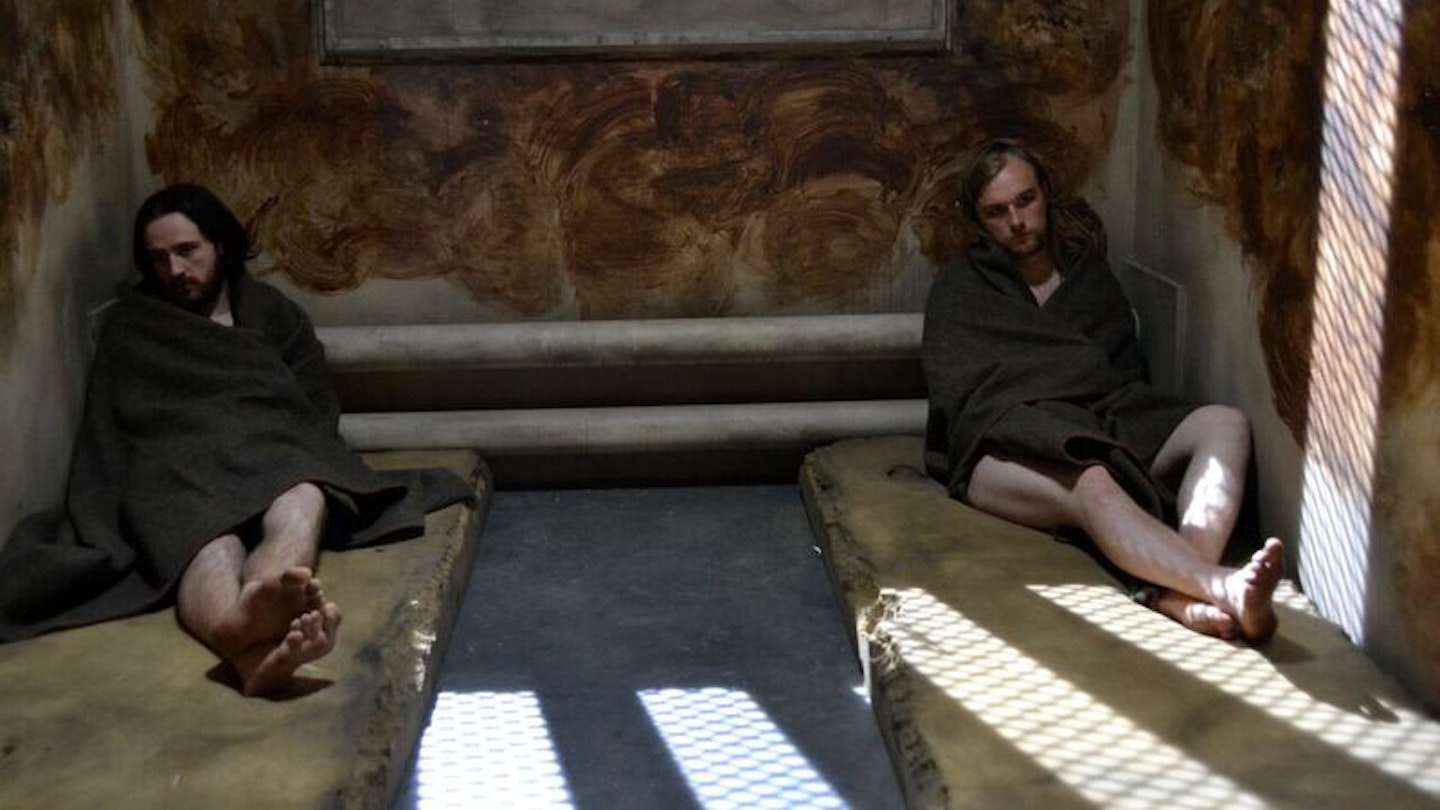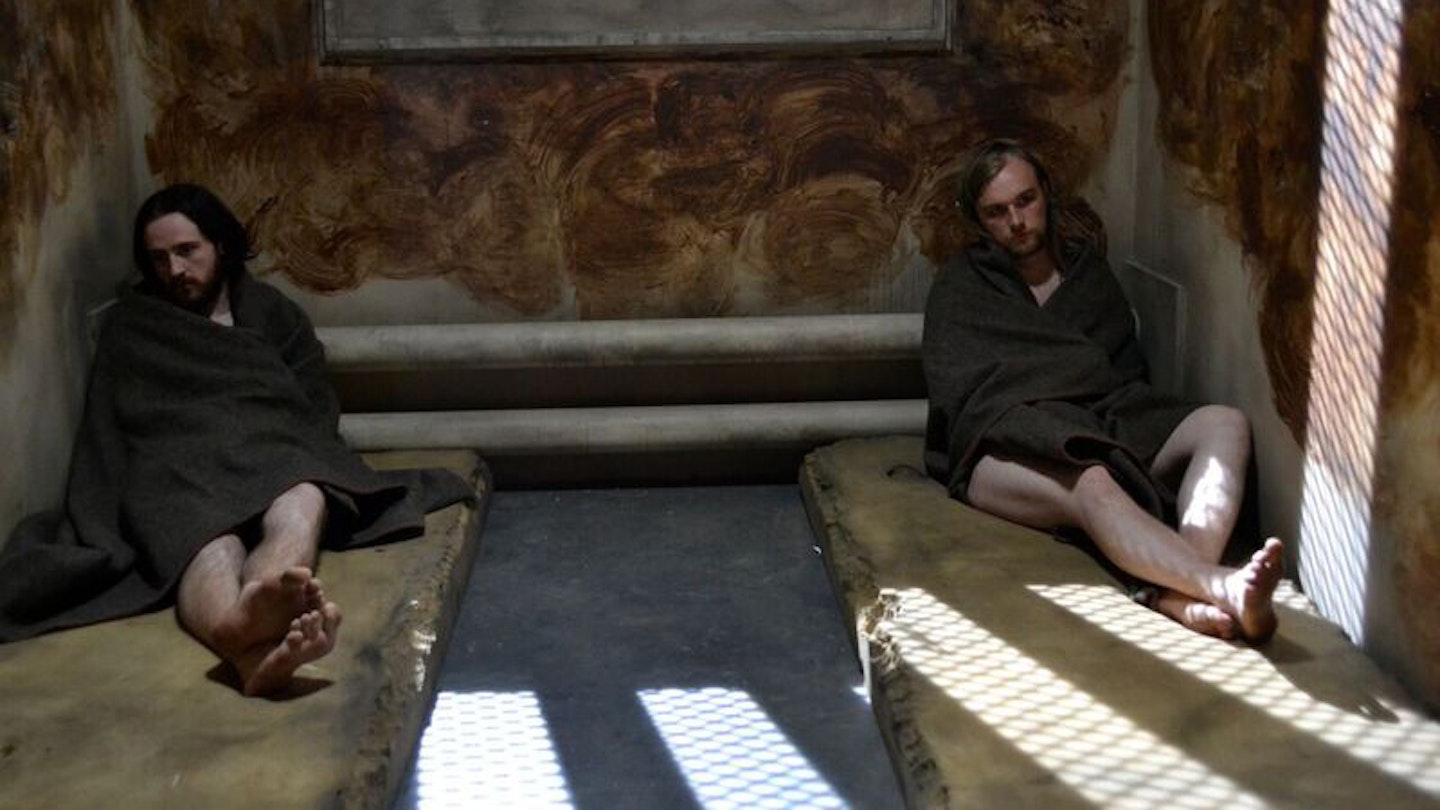There’s an Iain M. Banks line: ‘Fuck every cause that ends in murder and children crying.’ It’s a thought a lot of filmmakers who get seduced by Irish Republicanism’s blend of romanticism and murderousness could do with remembering, and in keeping it at least half in mind, Brendan J. Byrne’s doc is instantly one of the best on the Troubles yet made.
Brendan J. Byrne’s doc is one of the best on the Troubles yet made.
It’s easy to miss that at the same time as the news showed murky footage of balaclava dudes in Armagh, the disco era was in full swing in Belfast, and it’s this juxtaposition Byrne and editor Paul Devlin make great shakes of in their examination of the weird blend of ancient and modern in Sands’s hunger strike. Talking heads remind us it’s a tradition that goes back to the Book of Job and with roots deep in Irish culture – and it’s the self-conscious self-mythologising of Sands the film both finds its greatest strengths in showing, but also fails to interrogate seriously.

Having played already Bono, Martin McCann is a good choice to narrate portions from Sands’s writings, with their total earnestness and absolute lack of irony. We hear how the limited record of Sands in public life – he spent most of his adult life in prison and there were very few photos of him in existence – made him a blank slate born to be an icon, but we hear very little about his comfort with political violence, and still less about his death’s cynical exploitation by men who still hold office in Ireland today. Despite the hopes of Irish-Americans, the IRA was never a heroic band of purely noble revolutionaries, and Byrne includes bizarre footage of well-heeled New Yorkers yelling, ‘Up the Provos.’

Still, 66 Days doesn’t fully drink the Molotov cocktail. We’re reminded that during the hunger strike the IRA executed a mother-of-two for collecting census forms, the paranoia of the screws who faced danger outside the prison walls is given a fair shake, and we hear from – of all people – Norman Tebbit and Thatcher biographer Charles Moore. These gestures toward balance, along with some incredible archive footage of anarchy in streets that are recognisably those of the modern British Isles, make this obligatory if you have even a passing interest in a conflict that touched lives on both sides of the Irish Sea.
